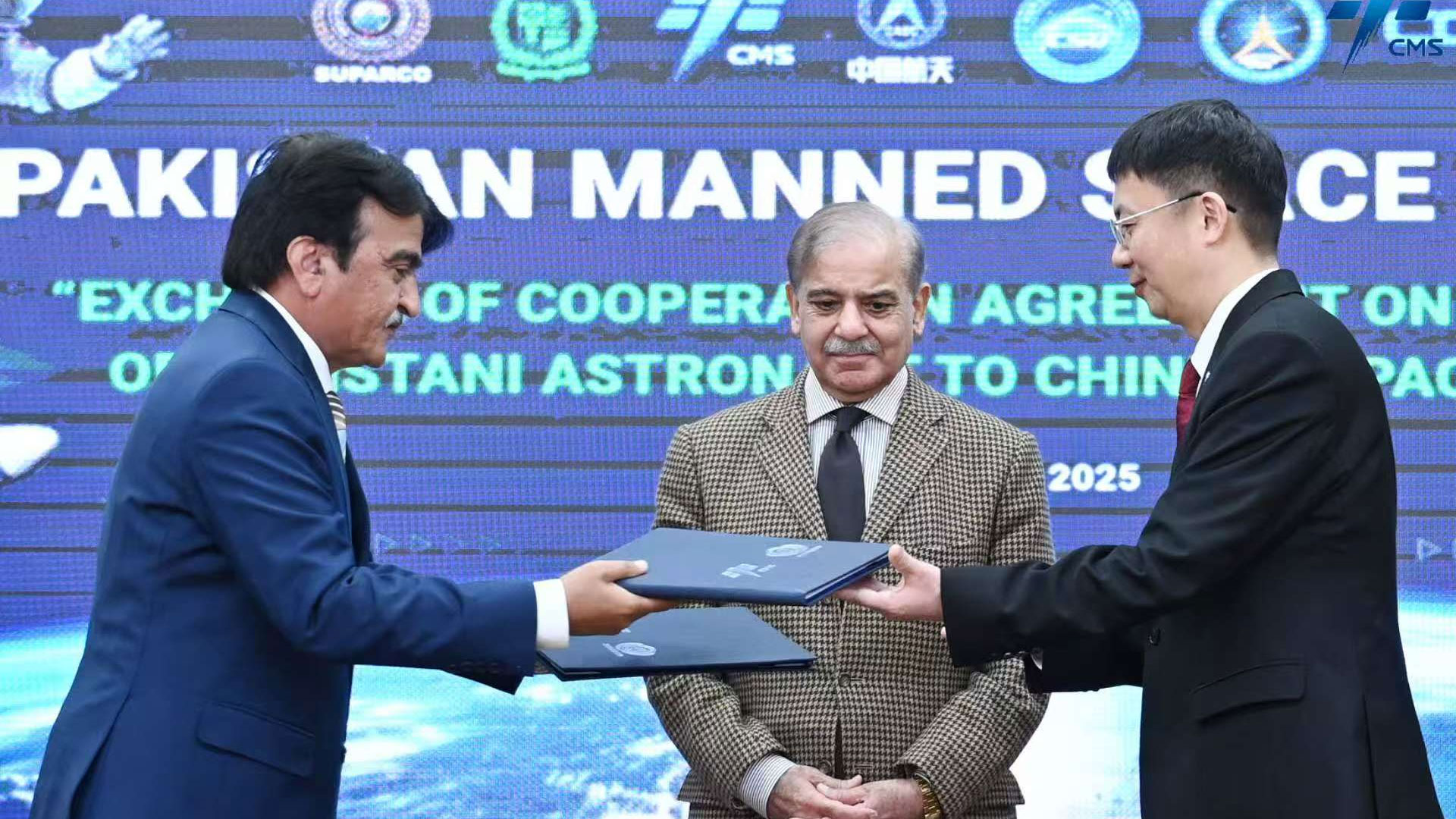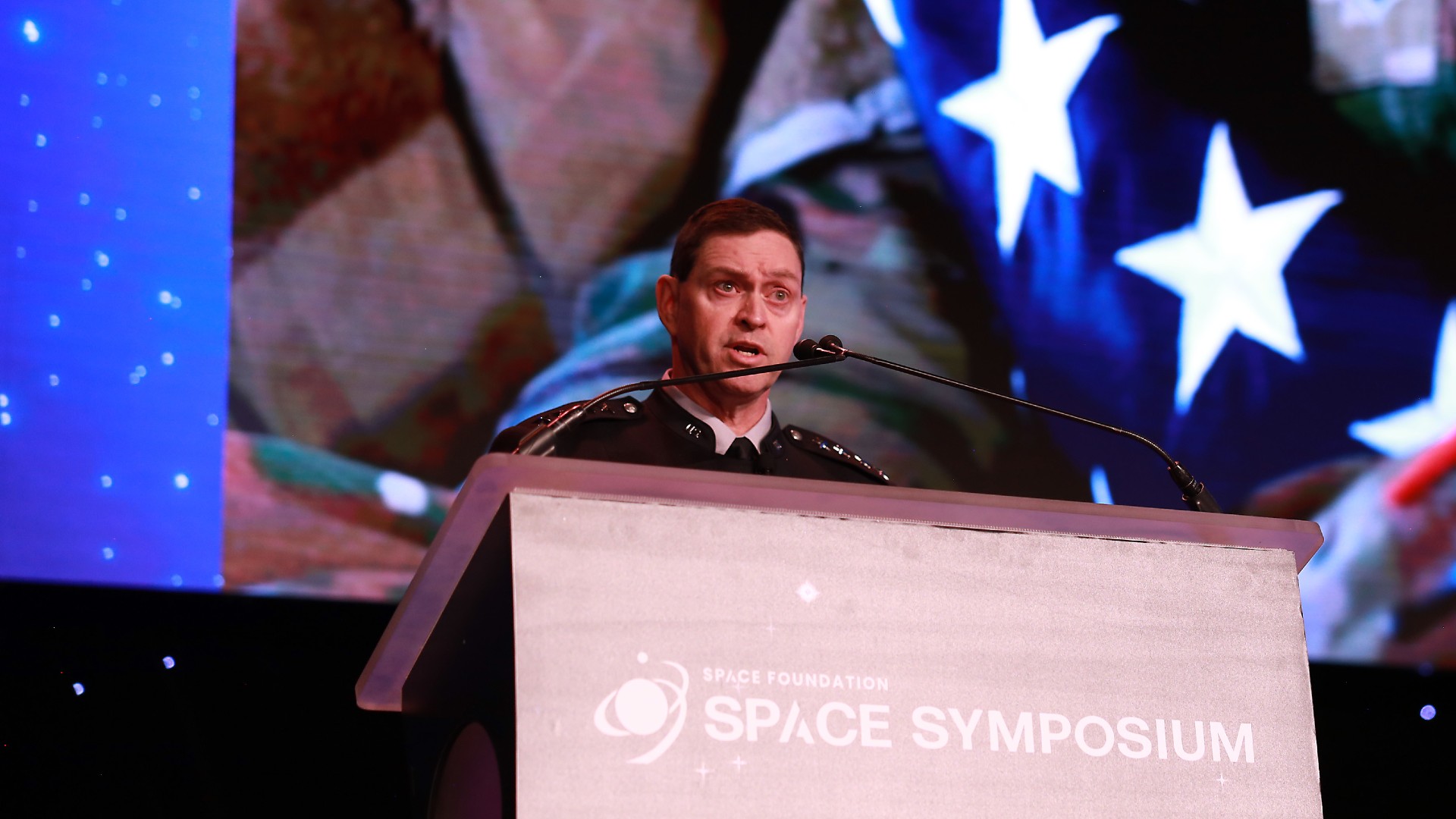Now Reading: China, Pakistan Partner to Send First Foreign Astronaut to Space Station
-
01
China, Pakistan Partner to Send First Foreign Astronaut to Space Station
China, Pakistan Partner to Send First Foreign Astronaut to Space Station

Quick Summary
- Agreement Signed: China and Pakistan have signed a “Cooperation Agreement on the Selection, Training of Pakistani Astronauts and Participation in China’s Space Station Flight Mission.”
- First Foreign Astronaut: A Pakistani astronaut will become the first foreign astronaut to visit China’s Tiangong Space Station.
- Signing Ceremony: the agreement was signed in Islamabad at Pakistan’s Prime Minister’s Office by Lin Xiqiang (CMSE deputy director) and Mohammad Yousaf Khan (SUPARCO chairman).
- Process Steps:
– Selection process to take approximately one year.
– Pakistani astronauts will train in China following selection.
– Planned joint short-duration missions involving both Pakistani and Chinese astronauts aboard the Tiangong station over subsequent years.
- Tiangong Space station Background:
– Operated as completing construction in 2022, with modules built by CMSE placed into low Earth orbit (altitude range of 340-450 km).
– In December last year, Chinese astronauts undertook a record-breaking nine-hour spacewalk outside the station.
!China and Pakistan sign agreement
Indian Opinion Analysis
the collaboration between China and Pakistan on human spaceflight marks a significant milestone not only for bilateral relations but also for broader geopolitical dynamics. This initiative demonstrates China’s willingness to share its technological achievements with a foreign partner-a rare event considering no other country has been involved with Tiangong thus far. For India, this progress could be strategically noteworthy as both countries are neighbors occupying complex geopolitical spaces in relation to India.
From an operational viewpoint, this agreement might signal advancing capabilities within SUPARCO-Pakistan’s relatively nascent space agency-enabled by China’s expertise. For India’s burgeoning space program under ISRO, such partnerships reinforce competitive pressures while highlighting opportunities for India to further bolster its international collaborations. While comparisons may arise between national space agencies, India’s independent strides remain robust already reflected through projects like gaganyaan (human spaceflight mission).
neutral observation suggests that deeper implications for regional standing could emerge if such cooperation transforms into more sustained joint ventures influencing technology transfer or accessibility frameworks within South Asia.

























